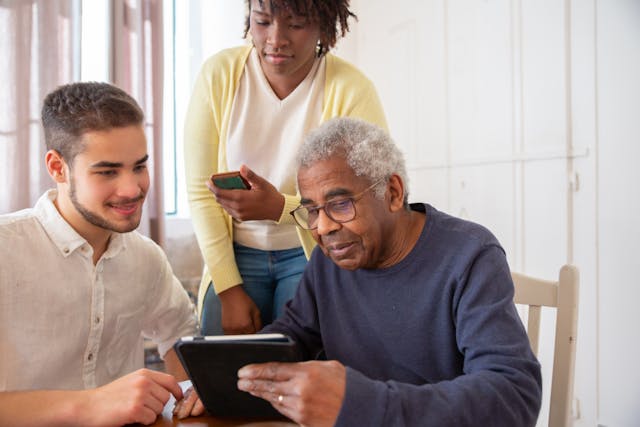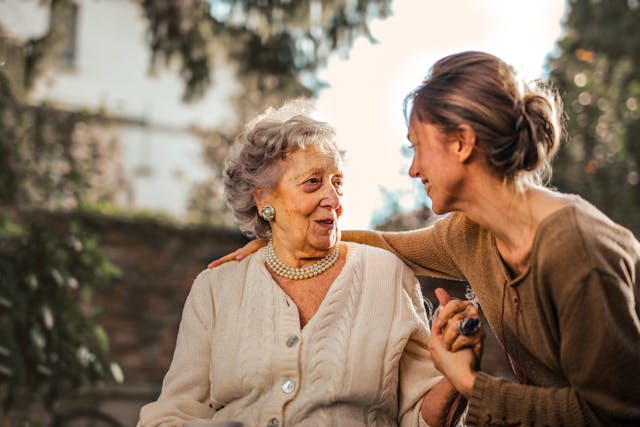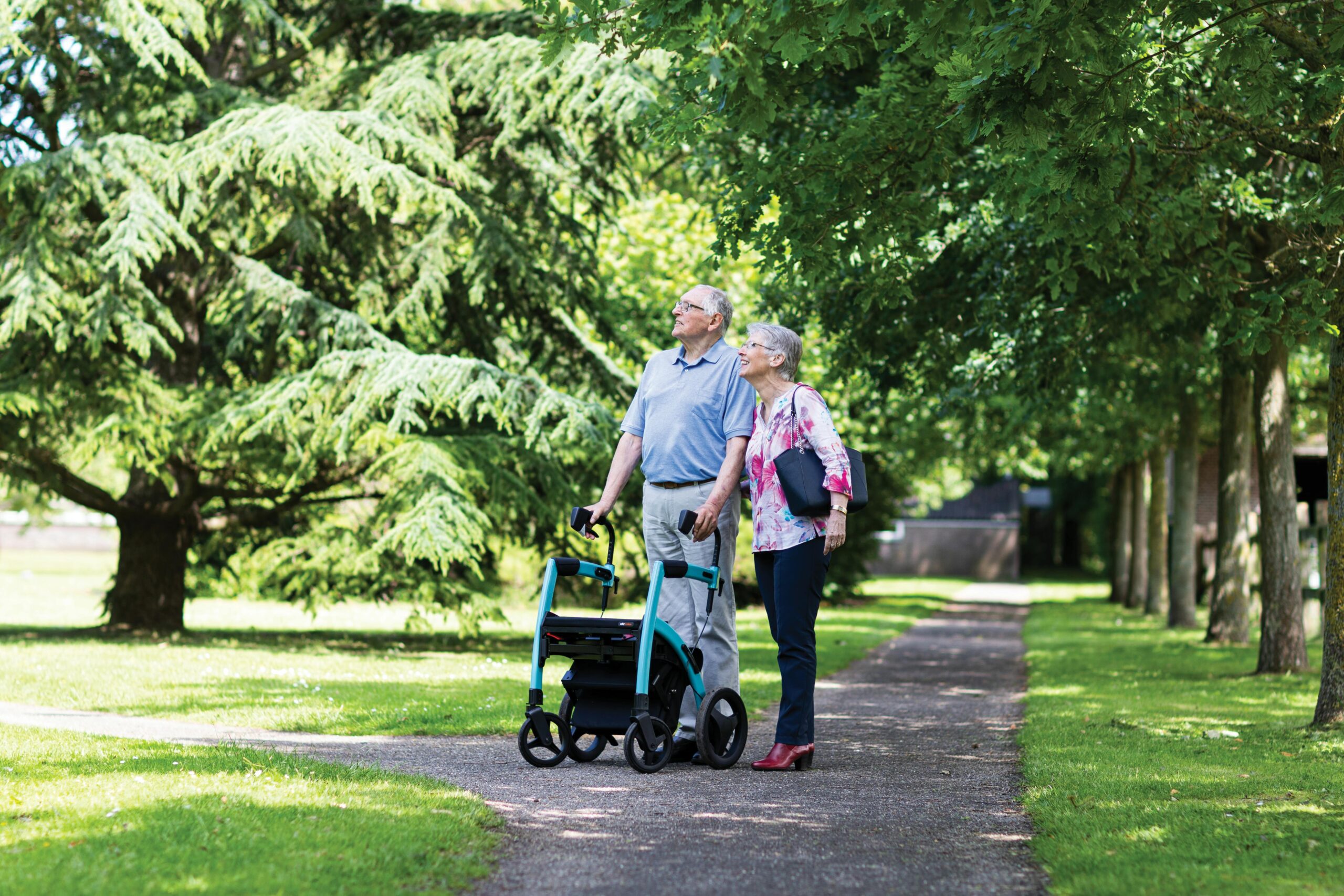10 Expert Tips for Caring for a Bedridden Loved One

Providing care for a bedridden loved one requires patience, attention to detail, and a commitment to their overall well-being. Below, we’ve outlined 10 essential tips to ensure your loved one’s comfort, prevent complications, and make caregiving more manageable.
1. Master the Basics of Bedridden Care
- Maintain hygiene: Regularly clean the bed and your loved one to prevent infections.
- Reposition frequently: Shift their position every two hours to avoid bedsores.
- Ensure proper nutrition: Provide balanced, nutrient-rich meals to meet their dietary needs.
Care begins with mastering the essentials. Hygiene, positioning, and nutrition are the cornerstones of quality care. A clean and dry environment prevents infections and promotes comfort. Regular hygiene routines, such as sponge baths and clean bedding, are vital. Pair this with repositioning every two hours to avoid pressure ulcers.
A balanced diet plays a crucial role in maintaining your loved one’s health. Work with a healthcare professional to create a meal plan that meets their specific needs, considering any conditions they may have. This foundational care prevents complications and sets the stage for a more manageable caregiving experience.
2. Prevent and Treat Bedsores
- Use pressure-relief mattresses or cushions.
- Inspect the skin daily for signs of redness or irritation.
- Apply moisturizing creams to keep the skin hydrated.
- Change your loved one’s position every 2–3 hours.
Bedsores, also known as pressure ulcers, are one of the most common challenges faced by caregivers. These painful sores develop when the skin is exposed to prolonged pressure, particularly on bony areas like the hips, back, and heels. To prevent bedsores, invest in a pressure-relief mattress or specialized cushions that distribute weight evenly.
Regular skin checks are essential to identify early signs of irritation or redness. Use moisturizing creams to keep the skin hydrated, as dry skin is more prone to damage. For added protection during repositioning, opt for tear-resistant underpads like Dryees Underpads, which provide a stable surface and reduce skin friction.
3. Prioritize Comfort with the Right Bedding
- Choose breathable, soft sheets to avoid skin irritation.
- Invest in a waterproof mattress protector for easy cleaning.
- Use strong, tear-resistant underpads to manage incontinence effectively.
A bedridden individual spends most of their time in bed, so ensuring their comfort is crucial. High-quality bedding is an investment in their well-being. Use soft, breathable sheets made from materials like cotton to prevent overheating. Layer the bed with a waterproof mattress protector for easier cleanup in case of spills or accidents.
Disposable underpads add an extra layer of protection, but not all underpads are created equal. Dryees Underpads are designed to handle the demands of caregiving, offering tear-resistant strength and superior absorption. These features reduce the need for frequent changes, saving time and effort.
4. Develop a Daily Routine
- Schedule regular times for meals, medication, and hygiene care.
- Include time for repositioning and light exercises.
- Adjust the routine as your loved one’s needs evolve.
Creating a structured daily routine benefits both the caregiver and the patient. A predictable schedule helps your loved one feel secure and ensures you don’t miss important tasks like medication administration, feeding, or hygiene. A routine can include specific times for repositioning, light exercises, and social interaction.
For caregivers, routines reduce decision fatigue and make caregiving more manageable. Use a planner or app to track tasks, and adjust the routine as needed to accommodate your loved one’s changing needs. Over time, this structure can create a sense of normalcy and balance in your caregiving journey.

5. Improve Repositioning Techniques
- Use a drawsheet or underpads to slide your loved one gently.
- Lift, don’t drag, to avoid skin tears.
- Seek assistance if the task feels physically demanding.
Repositioning is vital for preventing bedsores and improving circulation, but it can be physically taxing for caregivers. Using the right techniques and tools makes this task safer and more efficient. A drawsheet or high-quality underpads, such as Dryees Underpads, allow you to slide your loved one gently without straining your back or causing discomfort to them.
When repositioning, avoid dragging their body across the bed, as this can cause skin tears. Instead, lift and support them at key points like the shoulders and hips. If possible, seek assistance from another caregiver to ensure the process is smooth and safe for everyone involved.
6. Maintain Mental and Emotional Well-Being
- Encourage hobbies like audiobooks, music, or light crafts.
- Arrange for regular social interactions through calls or visits.
- Spend quality time with your loved one, offering emotional support.
Caring for a bedridden loved one isn’t just about physical health; their mental and emotional well-being is equally important. Loneliness and boredom can take a toll, leading to feelings of isolation or depression. Combat this by engaging them in activities they enjoy, like listening to music, watching movies, or participating in light crafts.
Facilitate social interactions through phone calls, video chats, or in-person visits from friends and family. Simple gestures like spending quality time together, sharing stories, or discussing their favorite memories can significantly uplift their mood and strengthen your bond.
7. Stay Vigilant About Nutrition and Hydration
- Serve balanced meals with ample vitamins and protein.
- Offer hydrating beverages like water, soups, or electrolyte drinks.
- Consult a dietitian for specialized dietary plans if necessary.
Proper nutrition and hydration are critical for bedridden individuals, as their bodies require essential nutrients to maintain strength and fight infections. Offer meals rich in vitamins, minerals, and protein to support overall health. If they have difficulty swallowing, consult a dietitian to explore alternatives like pureed foods or nutritional shakes.
Hydration is just as important. Encourage small sips of water throughout the day or provide hydrating alternatives like soups and electrolyte drinks. Monitor for signs of dehydration, such as dry skin or dark urine, and address these concerns promptly to prevent complications.
8. Learn Proper Hygiene Practices
- Give regular sponge baths with warm water and mild soap.
- Keep skin folds, armpits, and groin areas dry and clean.
- Use disposable gloves, wipes, and underpads to simplify the process.
Maintaining hygiene is one of the most important aspects of caregiving. Regular sponge baths, clean clothing, and fresh linens prevent infections and promote comfort. Pay special attention to areas prone to sweat or moisture buildup, such as the armpits, groin, and under folds of skin.
Disposable gloves, wipes, and underpads simplify hygiene routines, making the process safer and more efficient. Dryees Underpads help protect bedding during cleanup, reducing the time spent on laundry and ensuring a clean environment for your loved one.
9. Build a Caregiver Support Network
- Seek help from family, friends, or local caregiver services.
- Join online or in-person caregiver support groups for advice and encouragement.
- Consider professional respite care for occasional relief.
No caregiver can do it all alone, and having a support network can make the journey less overwhelming. Reach out to family members, friends, or local organizations for assistance. Professional caregiving services or respite care can provide temporary relief when you need a break.
Online caregiver support groups are another valuable resource, offering a space to share experiences, seek advice, and connect with others facing similar challenges. Building a strong network ensures you have the support you need to navigate the ups and downs of caregiving.

10. Don’t Forget Self-Care
- Take regular breaks to rest and recharge.
- Maintain a healthy diet, stay hydrated, and get enough sleep.
- Seek professional help if you feel burnt out or overwhelmed.
Caregiving is demanding, and neglecting your own well-being can lead to burnout. Make self-care a priority by setting aside time for
activities that recharge you, such as exercise, hobbies, or simply relaxing. Eating well, staying hydrated, and getting enough sleep are essential to maintaining your energy and focus.
Remember, asking for help is a sign of strength, not weakness. Delegate tasks when possible and don’t hesitate to seek professional assistance if needed. By taking care of yourself, you’ll be better equipped to provide the best possible care for your loved one.
Your Complete Guide to Caring for a Bedridden Loved One
Providing care for a bedridden loved one is a meaningful yet challenging responsibility. By following these expert tips, you can create a safe, comfortable, and supportive environment for your loved one while managing your caregiving duties effectively.
Pass This On to Fellow Caregivers!

Meet the Dryees Caregiver Support Team
This article was brought to you by the Dryees Caregiver Support Team. We’re dedicated to supporting caregivers with reliable advice, insights, and products to make caregiving easier. The Dryees Caregiver Support Team works with healthcare professionals and experienced caregivers to bring you the most practical tips and resources.





